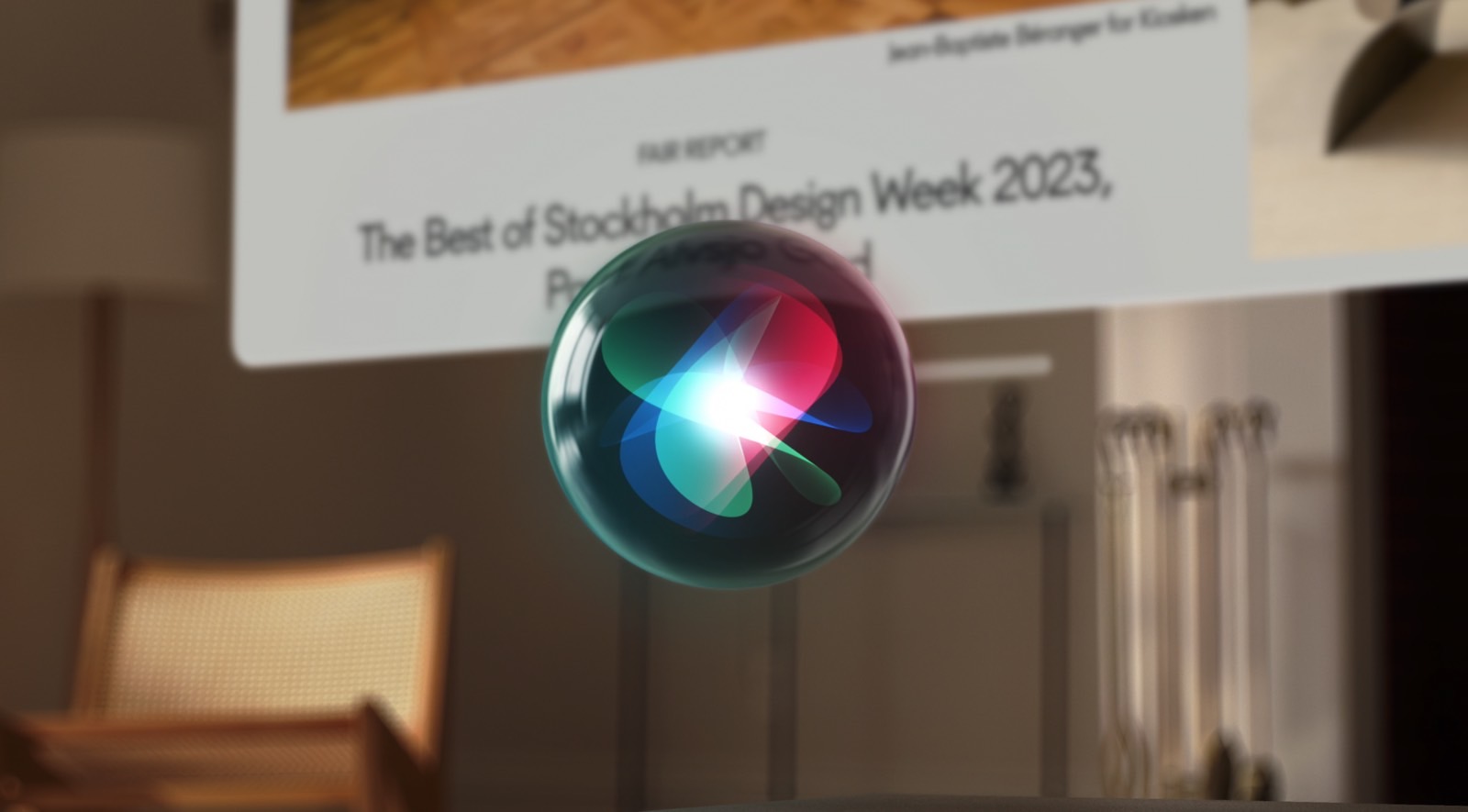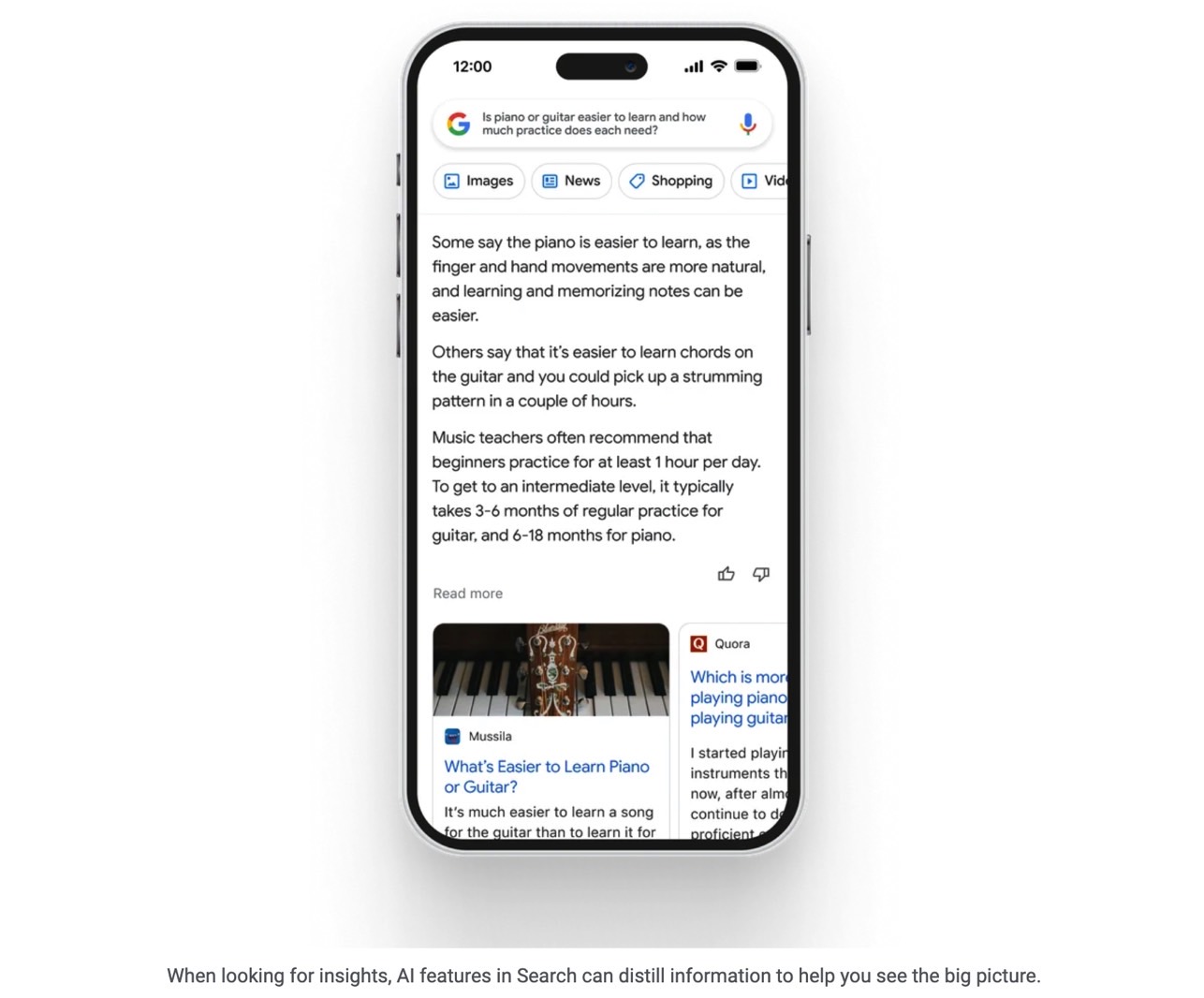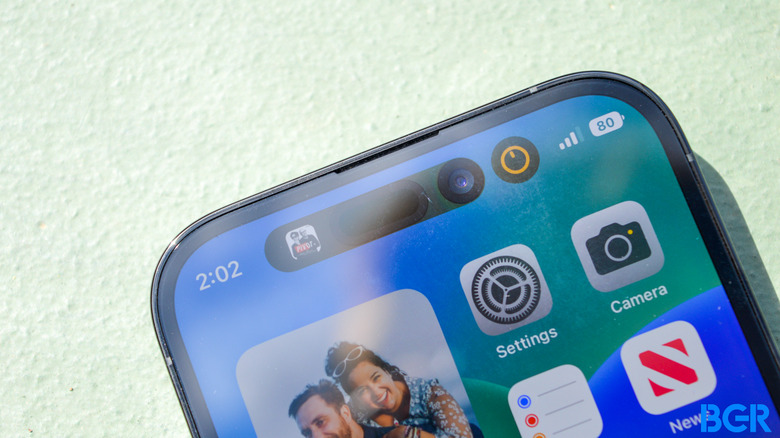I Can't Wait For Apple's Google Search Rival To Hit iPhone
I told you recently that I thought the Vision Pro might be a bigger threat to Google Search than ChatGPT. It's not the spatial computer itself that might be a problem for Google. It's the arrival of a new computing paradigm that could change how we search for things online, offline, and in the real world.
The Vision Pro will let you point to stuff around you and find more information. And Apple will probably not want to go through Google Search to surface that information. Instead, it'll probably use its own search products to power Vision Pro queries.
This might convince Apple to roll out a native Apple Search product on all its devices. And that's the real threat to Google Search. It won't happen suddenly, though. Instead, it might take years for Apple to get there.
A new report underscores the importance of Apple owning its own Google Search alternative. Apple has been developing it for years, and some of the tools that could be part of an Apple Search product might already be deployed.
Google bought and developed Android all those years ago because it realized early on that the smartphone would replace the PC as the most important computer in our lives. Google had to protect its search business by ensuring Google Search would have a home on mobile devices.
As for the iPhone, Google is paying Apple billions of dollars a year so that Google Search remains the default search engine in iOS.
That's why Apple came out in Google's defense at the latter's antitrust lawsuit. The Google Search deal is lucrative for Apple, even though Google Search somewhat clashes with Apple's strong stance on privacy.
But Apple has been developing its own search products, says Mark Gurman in his latest Power On newsletter.

A person who is supposedly involved in the Apple-Google search deal told the Bloomberg reporter that aligning the incentives of Apple and Google was a big part of that agreement. Google makes a lot of money from Search on iPhone, as hundreds of millions of people use Apple's handsets. In turn, Apple gets large payments from Google. The same report states that fees can amount to $8 billion each year.
Apple could make even more money from online search if it could roll out a product that competes with Google's. It could offer better privacy than Google. And Apple Search would power other search instances on the iPhone.
Gurman says iPhone users can already experience Apple Search on the device. Apple uses its own service to offer search inside the App Store, Apple Maps, Apple TV, and News.
Furthermore, a former Google exec leads Apple's machine learning and AI efforts at Apple. John Giannandrea reportedly has a giant search team under him. They developed a "next-generation search engine for Apple's apps codenamed 'Pegasus.'"
Apple's Search product also powers Spotlight on iOS and macOS. The search engine on these devices surfaces online search results without relying on Bing or Google, as it was in the past.
The report also notes that Apple has an Applebot web crawler that navigates the web to index it. That's what Google and Microsoft have been doing for years for the purpose of indexing websites for online searches.

Gurman adds that Giannandrea's team is looking to integrate Apple's search feature into iOS and macOS more deeply. It might add generative AI features to it in the future. Separately, Apple operates an advertising business that it could use with a future online search engine.
Still, the Spotlight search is nowhere near close to Google's. That's why Google is still the default search tool on iPhone.
As I said before, I think the future of computing will move to smart glasses. It'll start with the Vision Pro, Meta Quest 3, and similar devices. Then, we'll get smart glasses that look like prescription glasses. Search will continue to play a big role in our daily computing needs, especially if searching for stuff will become easier.
As a reminder, the Vision Pro should be even easier and faster to navigate than any other computer. You'll navigate it with your hands and eyes, so searching for stuff should become easier and quicker. And Apple will probably want to be at the center of those searches rather than third parties.
Apple will continue to let you choose the default search engine on its devices once an Apple Search product rolls out. Google Search will remain an option. But most users will probably be happy with whatever the default is without moving to an alternative.
